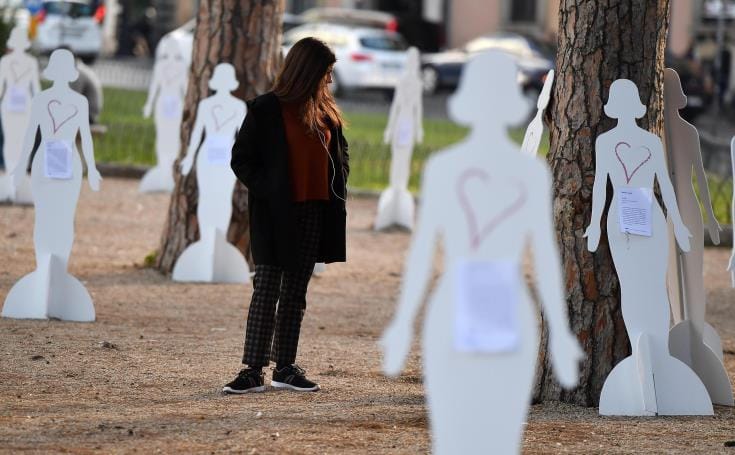Addressing the Shadow of Femicide in Cyprus
In a sobering dialogue with the Cyprus News Agency, Susana Pavlou, director of the Mediterranean Institute of Gender Studies, shed light on the grim tally of 19 femicides recorded in Cyprus from 2019 to 2023. Pavlou’s comments underscored a critical gap in the understanding and documentation of gender-based violence, particularly femicide, which she defines as the intentional killing of women motivated by gender.
According to Pavlou, femicide represents not just a severe form of violence against women but also a stark indicator of societal discrimination and inequality. She pointed out the stark absence of comprehensive research on the issue across Europe, emphasizing that the European Union lacks a formal and systematic approach to collecting data on femicide, which impedes the development of effective cross-national studies and prevention strategies.
In response to these challenges, the Fem-United project has emerged, co-financed by the European Union and involving member states such as Cyprus, Malta, Germany, Spain, and Portugal. The initiative’s goal is to enhance institutional responses to violence against women, particularly intimate partner violence and domestic abuse, with the ultimate objective of reducing harm and preventing femicide.
Pavlou highlighted one of Fem-United’s key priorities: the creation of standardized data collection tools for both quantitative and qualitative research. These tools aim to overcome the discrepancies in how femicides are recorded across different national jurisdictions. Findings from Cyprus revealed that most femicides are linked to domestic violence and that victims are often non-Cypriot nationals, while perpetrators are typically Cypriot. Most offenders are convicted of murder.
Despite existing legal frameworks for imposing restrictive measures in domestic violence cases, Pavlou noted a lack of data on the prevalence and effectiveness of such measures in Cyprus. This data gap hinders the assessment of their impact on victim protection and violence prevention. Furthermore, she expressed concern that national action plans fail to address or include measures targeting violence against migrant women or other vulnerable groups, leaving them invisible at a policy level.
The insights provided by Pavlou call for a more informed and concerted effort to tackle femicide and gender-based violence. With projects like Fem-United paving the way for better data and understanding, there is hope for policy changes that can protect women across all demographics in Cyprus and beyond.






